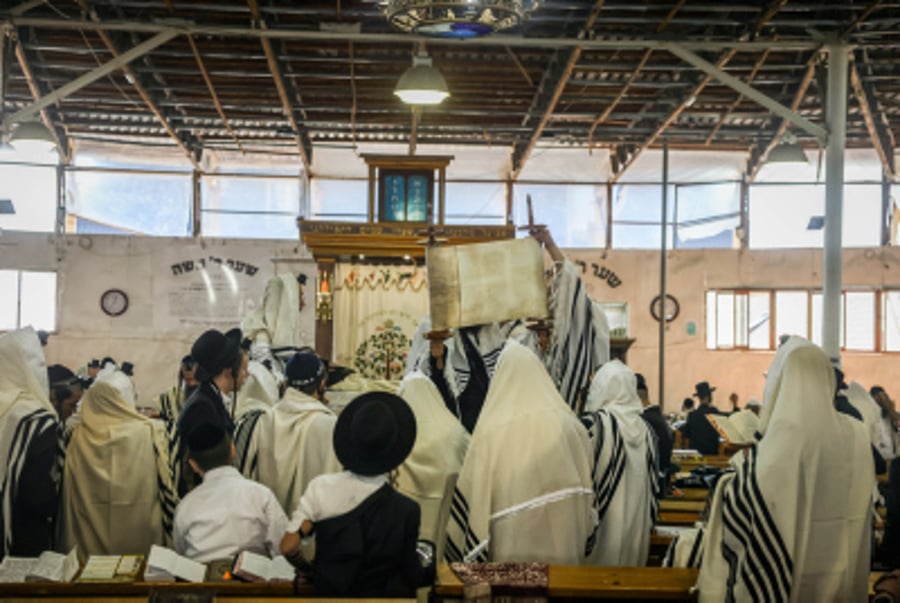
With just weeks to go before Rosh Hashanah, tens of thousands of Hasidic Jews face uncertainty over their annual pilgrimage to Uman, Ukraine, as Moldova closes its borders citing unpaid debts for security measures.
The closure, announced by Moldovan officials, threatens to disrupt what has become a crucial transit route for pilgrims seeking to visit the tomb of Rabbi Nachman of Breslov, the founder of the Breslov Hasidic movement. Last year, despite the ongoing war in Ukraine, 33,000 pilgrims made the journey, with expectations of 40,000 this year.
"I'm surprised by the news, which is completely inconsistent with what was agreed upon between the countries," said Rabbi Pinchas Salzman, the chief rabbi of Moldova, "I am trying to schedule meetings to cancel this decree."
Moldova claims that Israel has not repaid costs associated with bolstering border crossings to accommodate the influx of pilgrims. Daniel Voda, spokesperson for the Moldovan prime minister, stated that it would be impossible to meet Israeli security requirements without addressing this outstanding debt.
However, Israel's position remains unclear. Moldova's ambassador to Israel, Alex Roitman, contradicted Rabbi Salzman's assertion of a guarantee from Israel, stating that no letter of commitment was received. Furthermore, Roitman said the Israeli Foreign Ministry has refused to negotiate, viewing the pilgrimage as a private venture.
The situation is further complicated by the ongoing war in Ukraine, which has made direct flights to the country impossible. In recent years, pilgrims have relied on flying to Moldova and then traveling overland to Uman.
For many Breslov Hasidim, the pilgrimage is a deeply significant spiritual journey. "I'm 37 years old, and I've been coming to Uman for Rosh Hashanah since I was three. There's no way I won't come," said Nachman Rabani, a resident of Beitar Illit in Israel. "If not through Moldova, then through Hungary."
During the COVID-19 pandemic, when border crossings were closed, some Hasidim resorted to clandestine methods. "We landed in Moldova and from there we crossed the border through rivers and forests in boats and on foot," Rabani recalled.
This resilience is echoed by Naftali Galhar, a veteran of the pilgrimage for almost two decades. "There are obstacles on the way that are worth going through and they strengthen the mitzvah for those who come ... If necessary, we will do it this year as well."
Voz is Neias contributed to this article.




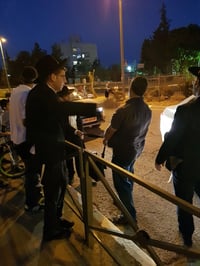






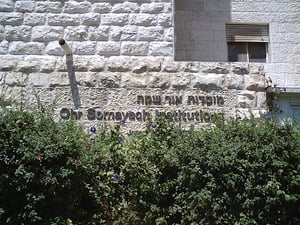






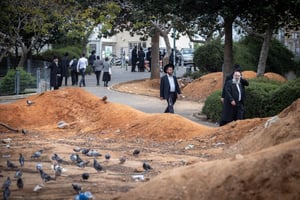

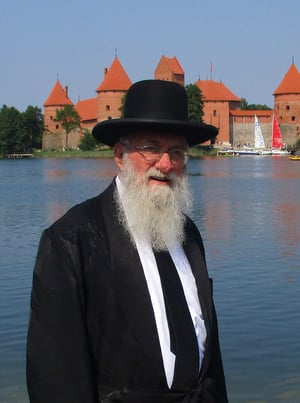
0 Comments